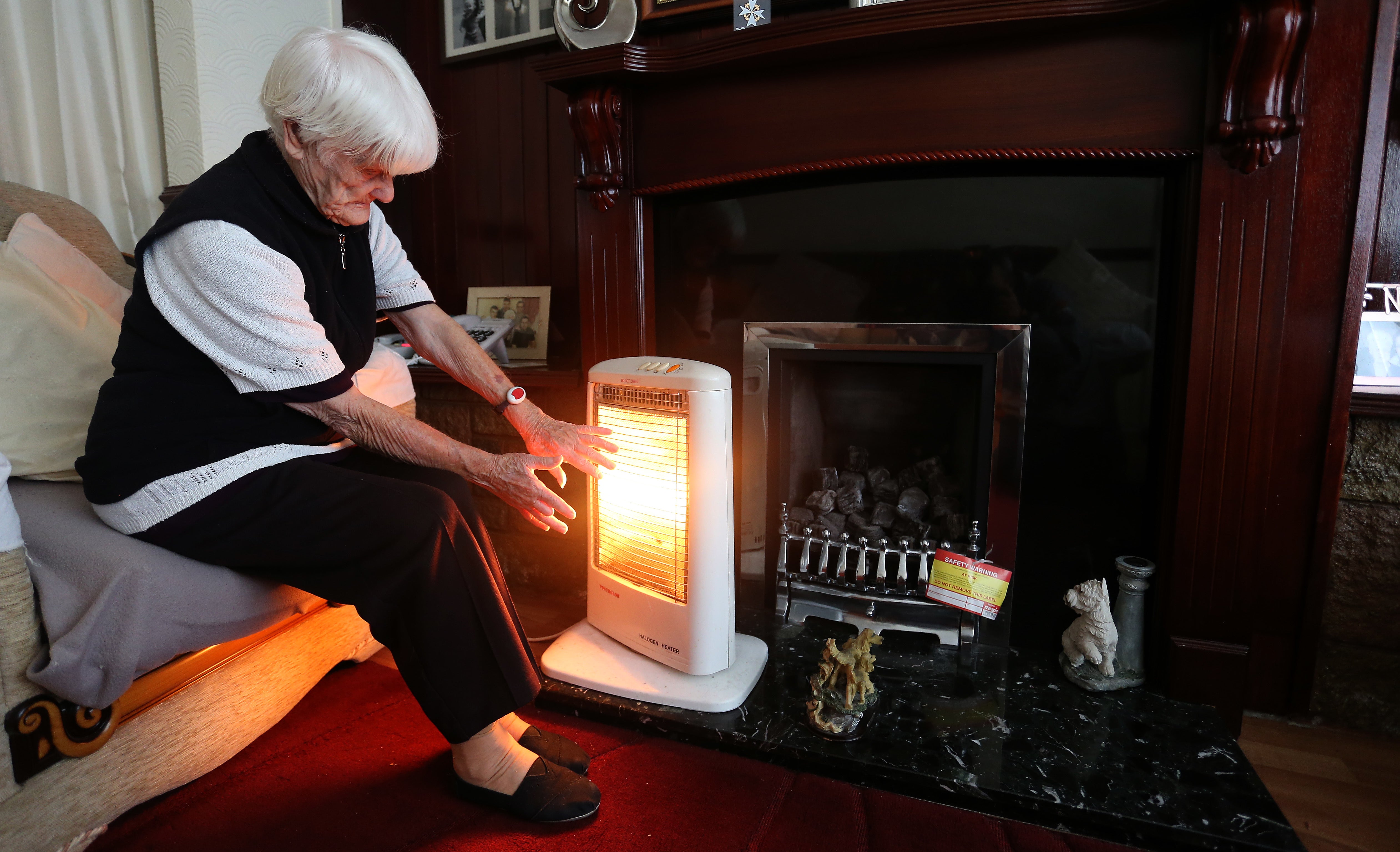Warning poverty is putting 1.3 million people with health problems at greater risk from cold
Proportion of people at risk ‘particularly high’ in coastal areas and northwest England
More than a million people with health problems are at greater risk from the cold as a result of poverty, it has been warned.
Ministers are being urged to extend beyond March the help with energy bills being provided to the most vulnerable, after figures suggested that 1.3 million people with heart and breathing problems could be at greater risk of death or hospitalisation.
Office for National Statistics (ONS) data compiled from the 2021 census shows that there are around 10.8 million people in the UK living in poverty.

The proportion of people affected by the above medical conditions who are living in poverty is “particularly high” in coastal areas and in northwest England, according to the ONS.
Ruthe Isden, head of health at Age UK, said: “What’s particularly concerning for those 1.3 million people is that we know ... they’re in a financial position where you’ve got to assume that they will potentially be struggling to afford to be adequately warm at home.”
Ms Isden told The Guardian that the government should extend help with gas and electricity bills beyond the cut-off date of March 2023, and called on ministers to ensure that financial assistance is available to everyone living in poverty.
The government has made available money to help with sky-high energy bills, which are being fuelled by Vladimir Putin’s war in Ukraine. This help has included the energy price guarantee, which limits the amount companies can charge per unit of gas and electricity.
Jeremy Hunt, the chancellor, announced in his autumn statement in November that the scheme would remain in place until March 2023, though it is unclear if it will continue beyond then.
William Roberts, chief executive of the Royal Society for Public Health, said it is vital to ensure that help is targeted at those who most need it, and called for more funding for local government. “It is imperative that governments do all that they can, or we risk the health and wealth of our nation even more and a further levelling down,” he said.
Join our commenting forum
Join thought-provoking conversations, follow other Independent readers and see their replies
Comments


Bookmark popover
Removed from bookmarks